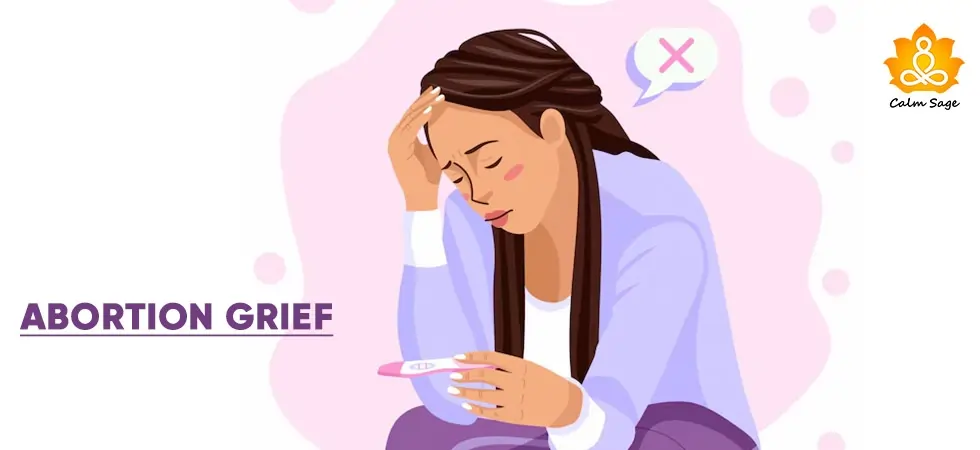Is Debt Depression Real? Know The Signs! (With Coping Tips)

As we’re still reeling from the pandemic, many are still struggling with their finances. Financial stress – whether you like it or not – is the real deal and can affect your peace of mind as hard as any other stressor could. But, were you aware that prolonged financial stress can eventually cause debt depression?
Let’s take a look at some staggering facts; According to research, more than 14 million people in the United States lost their jobs following the months of the pandemic. The unemployment rate went from 4% to 14% in just under three months in 2020.
This financial crunch put many people in debt who weren’t able to pay their bills, medical expenses, and even insurance. Financial struggle, while not as bad as in 2020, still causes stress and anxiety in many, worldwide.
However, when this financial stress and anxiety turns into something more, fatigue and feelings of hopelessness can take over, making you a victim of debt depression.
Let’s explore what are the symptoms of debt depression, the long-term effects of depression due to debt, and how you can cope with it.
Symptoms Of Debt Depression To Know

When you constantly worry about your finances, budget, and bills, especially if you are in a financial crunch, then it can increase your anxiety, cause you to make a poor decision, and even bring feelings of hopelessness that can lead to depressive symptoms.
In a survey by CDC, it was shown that when the family income increases, the rate of depression goes down. And if you have a lower family income, then there’s a high chance you’ll be significantly affected by depression.
Financial problems such as debt can indeed increase depression and when you’re struggling with depression, then it could be even harder to focus on taking care of your finances or saving on your expenses.
Here are some common debt depression symptoms you should know about. Keep in mind that these symptoms can appear when you sit down to budget;
- Poor self-esteem
- Sleep troubles
- Less interest in things you enjoyed previously
- Fatigue
- Extreme feelings of hopelessness
- Appetite problems
- Increase in anxiety
- Increase in stress
- Irritability
- Suicidal or self-harm thoughts
The Effects Of Debt Depression
When debt becomes your primary trigger for depression, then we can term it debt depression. While it’s not a formal diagnosis, it’s a term that many people use to describe the helplessness or other depressive symptoms you experience that are most commonly brought on by financial stress or the threat of debt.
It is also believed that many of your negative thoughts that are brought on by financial problems can lead to an emotional response that can greatly contribute to debt depression.
When you leave the symptoms of depression unaddressed and untreated, it can have long-term effects on your mind and body.
In past research, it was found that people with higher levels of debt reported higher levels of stress, including high blood pressure, high cortisol, and poor physical health in general. The more overwhelming your financial struggle or debt feels the more you feel drained of your energy. In the end, it can create a cycle of stress and depression, causing poor overall wellness.
How To Cope With Debt And Depression?

There are many things you can do to feel less stressed about your debt depression and also reduce your financial anxiety;
-
Set Small Yet Realistic Goals
You may have credit card bills due or loan debt. This all could add to your debt making it harder for you to take care of. When you begin to feel overwhelmed and hopeless about the bills and the amount, break it into manageable amounts so that it doesn’t feel too much. Focus on a little bit first.
Instead of feeling overwhelmed by your credit card debt, try to hide your credit card so that you won’t be tempted to use it again and pay little by little each month as you go. Don’t think about the amount it will take to pay off the debt, but set a small and realistic amount. For example, start at $100 and slowly move to $200, and so on.
-
Consider Seeking Help
Depression is a serious disorder that shouldn’t be ignored. While you may feel that your depression may go away if you get a better-paying job, keep in mind that it may take some time to get back on your financial feet. Additionally, it may not be your debt alone that may be causing your depression.
If you’re struggling, it is recommended that you speak to a professional and get help for your depression. Just like you’d seek help for a physical problem, don’t be afraid to seek help for your depression either.
-
Be Patient With Yourself
Try to tell yourself that you can do this, and you can fix your situation. When you make your problems big even though they aren’t that big, it would never seem likely that you’ll improve your situation. You need to understand that your financial situation is not a reflection of your personality. It’s a matter of circumstances.
Try to be patient and kind to yourself throughout just like you would offer the same to a friend or a family member in the same situation.
-
Talk To Your Therapist
If your symptoms of depression are making it harder for you to cope with your daily life, then try to talk to your therapist and discuss treatment. Maybe a change of treatment or medication might help you cope with your symptoms.
Sometimes, it could be your existing medications that could make your symptoms worse. In any case, speaking to a professional for a consultation won’t hurt.
Final Words
Depression in itself is a serious condition but when it is caused by an external stressor such as debt or financial problems, then it could make your daily life difficult. No matter how debt affects your depression or vice versa, you need to remind yourself that help is there.
There’s a myth that says that you get in debt when you’re reckless with your spending, however, it isn’t true. Depression over debt happens because there are some things that you can’t control. It’s not a reflection of you but a matter of your circumstances.
With the right support and help, you can overcome your debt depression. Along with professional help, you can make some changes to how you spend your budget and make responsible financial decisions.
Remember; You are not alone!
I hope this article helped you learn what debt depression is, its effects, and how you can cope with it. For more, you can write to us at info@calmsage.com or DM us on social media. You can also share your tips with us in the comments section below.
Take Care!
Next Read:




















